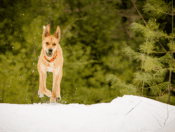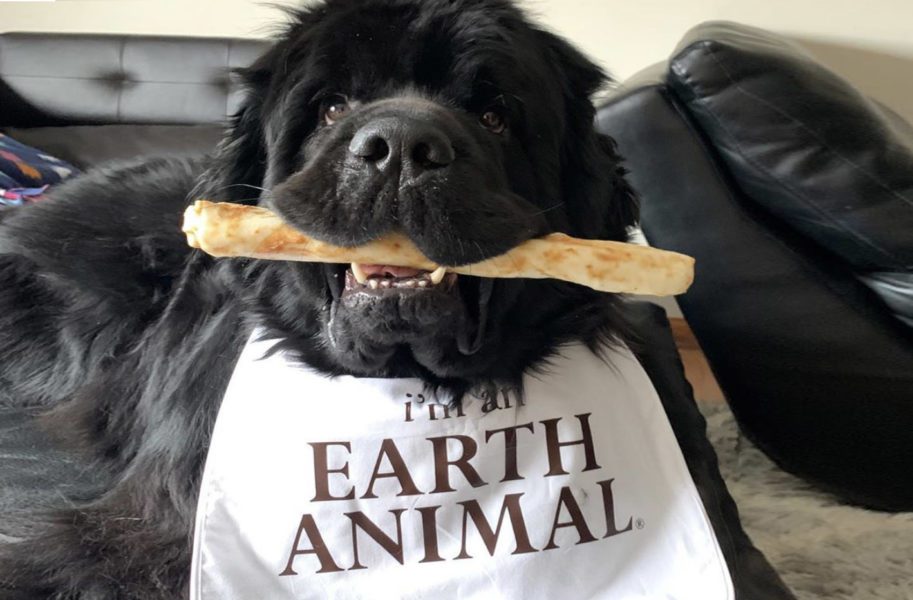Many commercial pet food companies market special foods for senior animals. These foods increase or decrease the amounts of various components in the diet, such as calories and protein, in order to ward off the effects of aging in animals. But does your companion really need a special senior diet? And, if so, when should you start feeding it to them?
You may be surprised to learn that most healthy cats and dogs will not need to change to a special diet just because of their age (vetnutrition.tufts.edu). If your older dog or cat is not overweight, has not significantly slowed down their activity level, are already eating healthfully, and have a clean bill of health from the veterinarian, then there’s really no need to change anything. However, most animals will slow down as they age, which will decrease their caloric needs, and in that case a lower calorie senior food will be appropriate to help prevent obesity (webmd.com).
We all gain weight as we age, and obesity can be a big problem in older animals that can lead to many other health complications. So, if your animal is gaining weight and isn’t as active as they once were, then it is a good idea to talk with your veterinarian about switching to a lower calorie diet. This includes treats as well. Consider giving animal-friendly fresh fruit or vegetables as treats instead of high calorie “junk” food. And don’t forget to maintain regular exercise. You may no longer be able to run together, but gentle walks or games are always a good workout.
If your animal does acquire an age-related ailment, you may need to consider a special diet designed to address the condition as well as their age. For example, if your animal has heart disease, you’ll want to talk with your veterinarian about switching to a low calorie, low sodium diet, whereas an animal with diabetes may need higher fiber, lower fat foods (webmd.com).
If you are maintaining regular veterinary visits with your animal throughout their life, then your veterinarian will guide you through the aging process and discuss with you when the time will be right to alter their diet. In general, though, while there are guidelines for what is considered to be senior in animal years, there is also a lot of variability in the aging process. Breed and animal size can generally affect aging, as can diet and lifestyle. Larger dog breeds, for example, tend to have shorter life spans than smaller breeds, so they will reach their senior years sooner. But, just like some seventy-year-old people can run marathons, some ten-year-old dogs are as spry as they were as puppies, so it really is important to not just base your dietary decisions on the calendar. Know your animal and consult with your veterinarian before deciding whether switching to a senior diet is right for your older companion.






